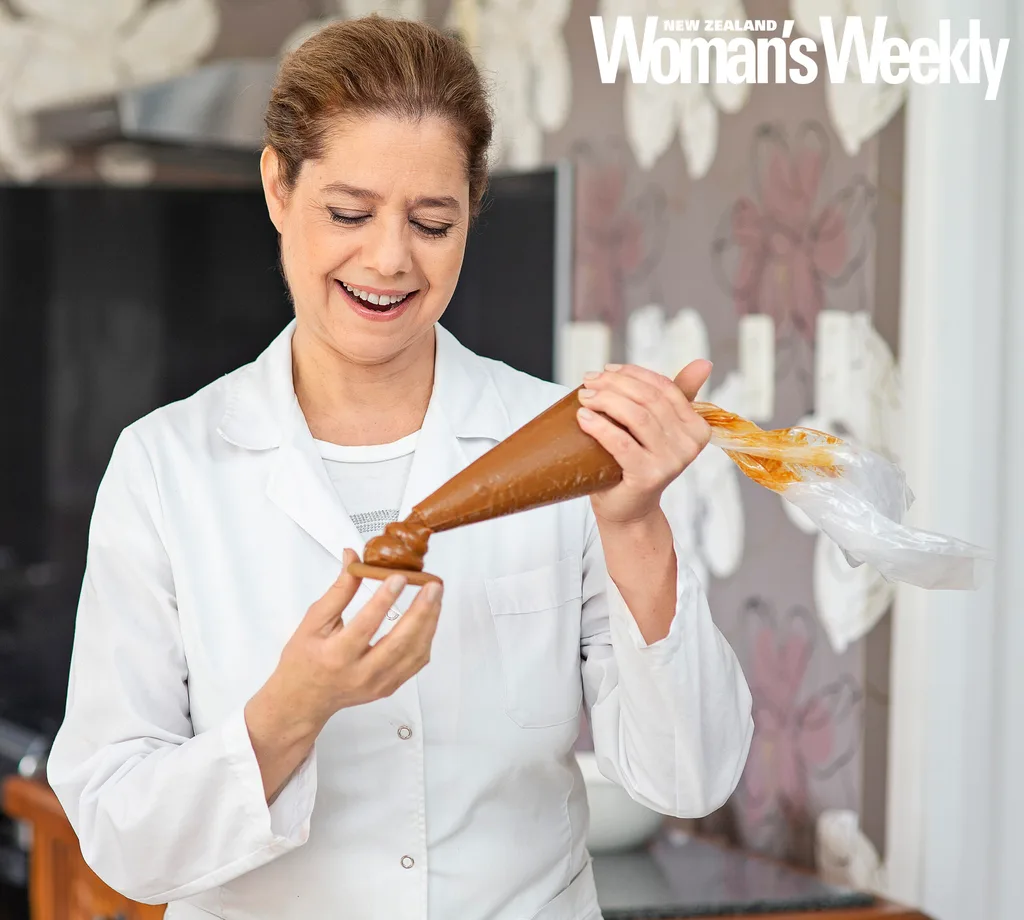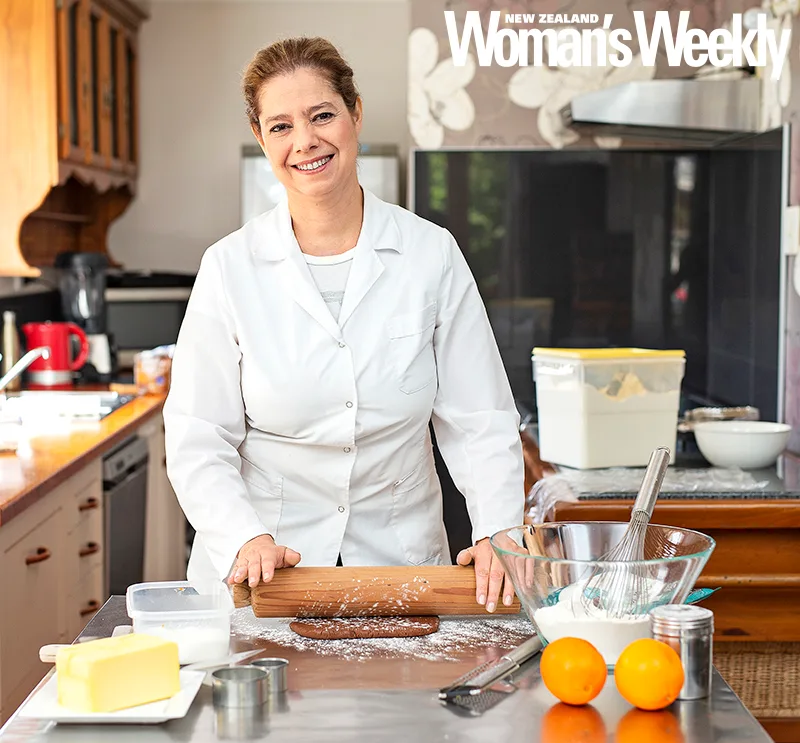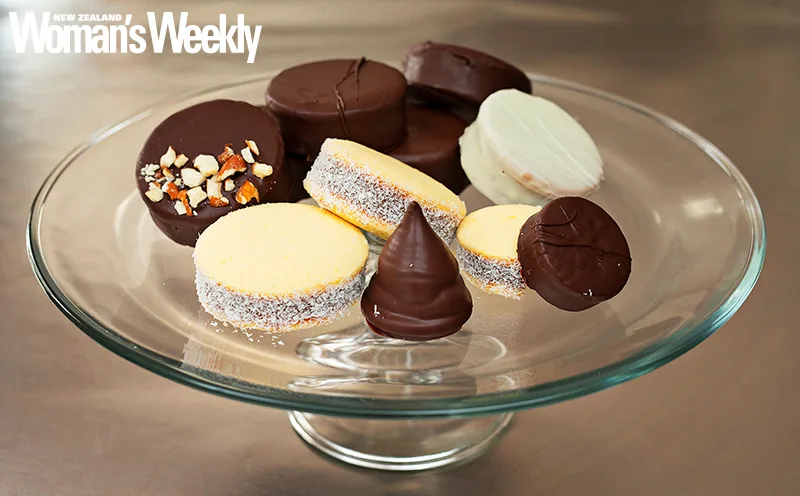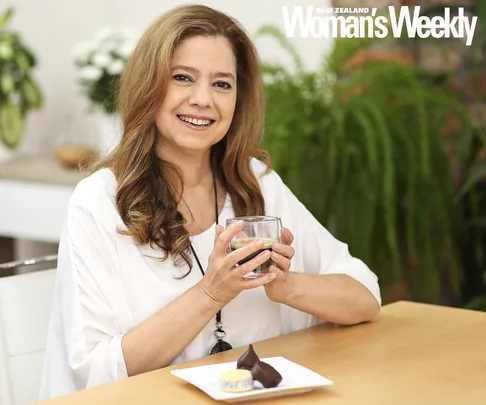“I was born in Cordoba, Argentina. My father worked in a bank and my mother was a maths teacher.
I knew I wanted to be a doctor from the time I was eight years old, when my uncle gave me a doctor’s kit for Christmas. I studied medicine for six years, graduated, then trained for another three years to become a rheumatologist.
My ex-husband Daniel and I had always wanted to travel and have an overseas experience. We looked at Australia and New Zealand because they were both developed countries and relatively safe. New Zealand needed doctors and architects, and since I was a doctor and Daniel was an architect we chose to move here in 2003 with our daughter Carolina, who was 10 at the time.
It was tough at first. I couldn’t work as a doctor as my English wasn’t good, but I was offered a job with a private clinical research company through my work as an observer at Hutt Hospital’s rheumatology unit.
In 2008, while I was at a medical conference gala dinner in a posh hotel in London, I suddenly realised I didn’t enjoy medicine anymore. The dinner was amazing, there were researchers from around the world, but I just thought, ‘What am I doing?’

After realising she wasn’t happy working as a doctor, Gabriela has the sweet life now, making marplatense and maizena biscuits.
Everyone thought I was crazy − my friends were telling me it was just a mid-life crisis, that I had studied for so long, I had a good job, what was I thinking?
Then one day, I was walking down Lambton Quay in Wellington and thought I’d love to have a coffee with an alfajor – a traditional Argentinian biscuit – but of course, I couldn’t find anywhere that sold them.
That’s how the café was born. I decided I would serve Argentinian food and alfajores!
I had some really successful hospitality people give me advice and I did a lot of research, but ultimately it failed.
There were a lot of people telling me I wasn’t a chef and I didn’t have the experience, all those sorts of things.
At the same time this was happening, my marriage broke down.

When it came to treating patients with life-threatening illnesses I was very confident, but with the café, I felt over-whelmed.
I wasn’t great with finance and I hired a lot of staff. I was working 12 to 16 hours a day seven days a week.
When the Argentinian pastry chef who made the alfajores left, I realised I needed to teach myself how to bake.
I was a great consumer of alfajores but didn’t know how to make them. My mother was a good cook – she made fabulous birthday cakes – but it was never something I thought I would do.
I had a recipe from my mum and I found several others that I experimented with. Every night I stayed at the café and made alfajores. The first ones were really bad. They were too dry, too thick; the chocolate ones had air bubbles… But it was like an evolution.
The café was in the same building as the Cordon Bleu cooking school and the pastry chefs there taught me things like how to handle chocolate. Then when we closed the café, a friend who made fresh pasta offered me the use of his commercial kitchen after hours.

I set up my business, La Casa Alfajores, with less than $1000.
My sister, my daughter and my friends were amazing − they all helped me in different ways.
The first labels were printed on a really bad home printer and the packaging was terrible, but waiting until everything was perfect wasn’t an option. If I had done that, I never would have taken the first step.
I make the two most popular alfajores – marplatenses, which are cocoa biscuits sandwiched together with handmade caramel and covered in chocolate, and the maizena, which is like a melting moment but softer, with a touch of lemon, a dulce de leche centre and rolled in coconut.
Sometimes I’ll make 1000 in a week, sometimes 300. I use all local ingredients except for the chocolate, and there are no preservatives.
People think failing financially is terrible, but the café was the place I really grew up. It taught me that money isn’t everything and that a job is something you spend many hours of your life at, but it’s not everything either.
I used to call my parents almost every day. When I started the café, I would always be going to ‘call them later’. Then one day my father passed away, and then my mother passed away, and I lost the opportunity to talk to them – maybe about nothing, but just to talk.
Now, where once I would put my work before, say, someone’s birthday, I put that person before my work – and I don’t care if that means having to make alfajores at midnight or one in the morning!”



